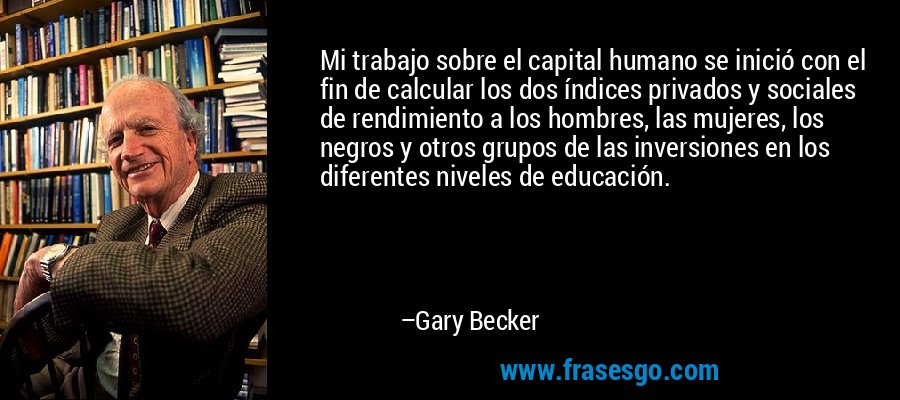
(Becker 1992) In his series of books entitled " The Wealth of Nations" (1776), Smith discussed his theories with the prosperity or "wealth" of a nation. Adam Smith is routinely credited with establishing the basis of the economics of human capital.

Petty examined the role of the state in the economy and touched on the value of labor. Petty's main contribution was the Treatise of Taxes and Contributions (1662). The term itself is not introduced, but evidence as to why people and education (human capital) are vital to a nation's economic success, is a common reoccurring theme in the book.Įconomists and historians commonly recognize British economists Sir William Petty (1623-1687) and Adam Smith (1723-1790) as the primary cultivators of human capital theory. His popular book has exposed millions of people to human capital theory.

Friedman, not to be confused with the famous economist Milton Friedman, is a journalist.

Thomas Friedman, in his wildly successful book, " The World is Flat" (2007), wrote extensively about the importance of education in the new global knowledge economy. In the new global economy hard tangible assets may not be as important as investing in human capital. Modern economists seem to concur that education and health care are the key to improving human capital and ultimately increasing the economic outputs of the nation. Labor was a necessary component, but increases in the value of the business came from investment in capital equipment. In the past, economic strength was largely dependent on tangible physical assets such as land, factories and equipment. Human Capital Development Theory concludes that investment in human capital will lead to greater economic outputs however the validity of the theory is sometimes hard to prove and contradictory.


 0 kommentar(er)
0 kommentar(er)
